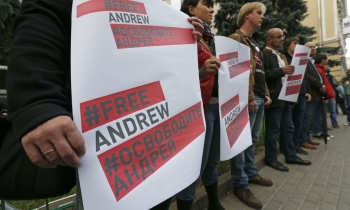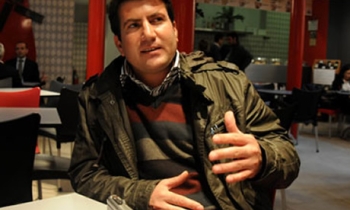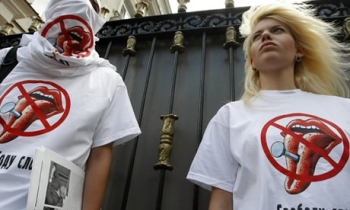Severe restrictions have been placed by the Propaganda Department on media coverage of the high-speed train crash on July 23 in the southeastern Chinese city of Wenzhou, in which 39 people were killed, Paris-based press freedom group Reporters sans Frontières (RSF) has reported.
Wang Qinglei, a producer with state-owned China Central Television, was fired on July 27 because of his investigative coverage of the crash. The previous day, his News 1+1 programme was suspended without advance warning and without explanation after it criticized a transport ministry spokesman.
On July 30, a week after the crash, the Propaganda Department issued a directive banning any “report or commentary about the company responsible for the signal system of the high speed railway and local metro railway system.” The day before, it said “all media including sister newspapers, magazines and websites should immediately play down the [crash story] except to report information from the relevant authorities and positively report the aftermath.”
“We are appalled by these directives,” RSF said. “The public has a right to be informed about the circumstances of this rail disaster. Without independent journalists investigating and putting out information, there is every chance that those responsible will never be identified. Without the press acting as a watchdog, the ‘rapid and transparent’ probes promised by Prime Minister Wen Jiabao are rare. The media often have a galvanising effect on the police and judicial system in investigations. The imposition of restrictions is often a sign that a case is going to be hushed up or dealt with summarily.”









